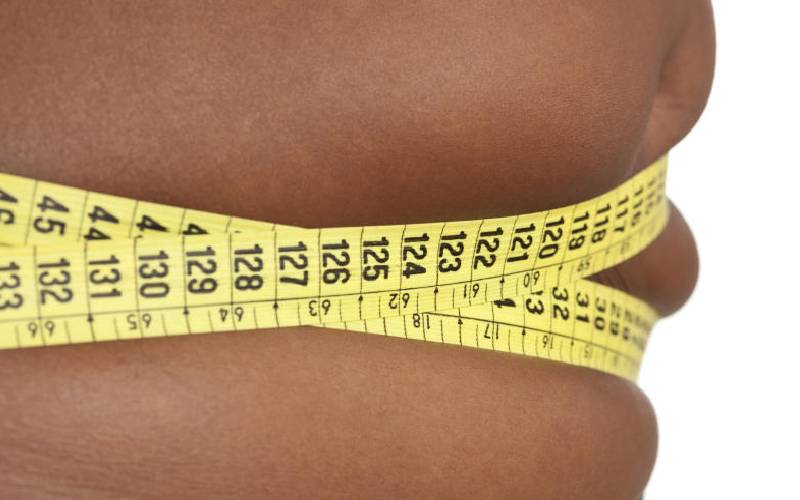×
The Standard e-Paper
Smart Minds Choose Us

They call it the French Paradox; the fact that the French suffer very low rates of heart disease deaths and maintain svelte bodies, despite dining on foods that have been known to be anything but healthy. Songs and books have been written, and web pages filled about how the French stay thin. Of how Parisians keep lean despite living in a city overflowing with pastries, wine and cheese.